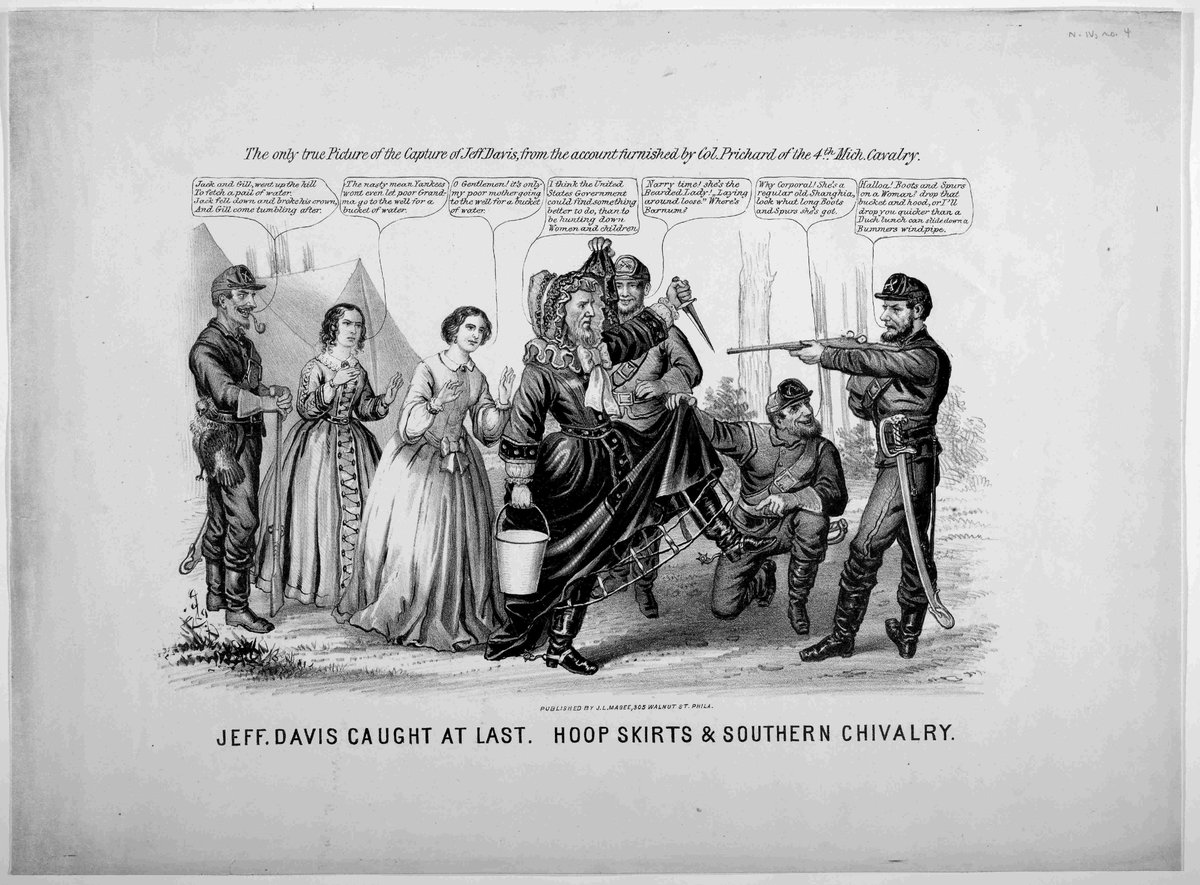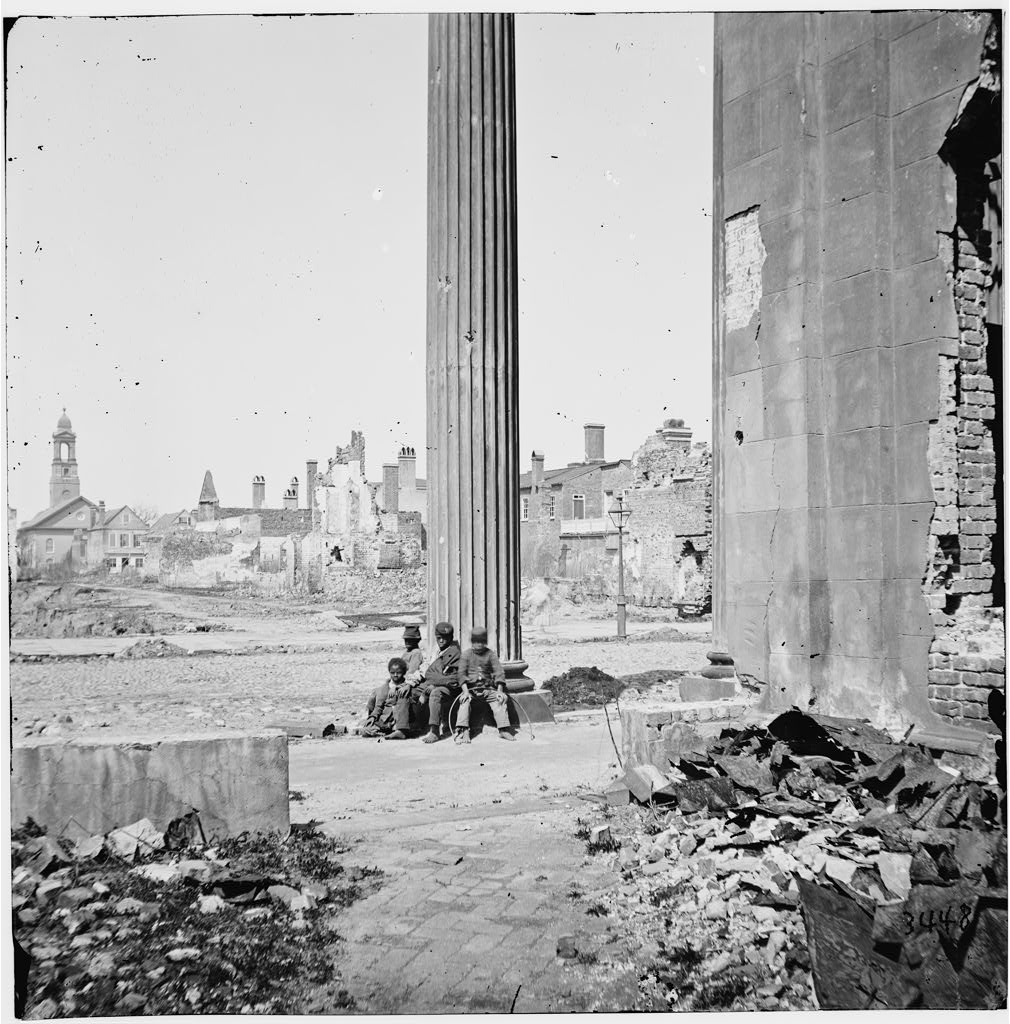
#OTD in 1864 the House passed the Wade-Davis Reconstruction bill. The House version of the bill was written by Rep. Henry Davis of Maryland. By this time Congress attempted to preemptively take control of post-war policy, creating a rift with President Lincoln. 



Lincoln issued the "Proclamation of Amnesty and Reconstruction" on December 8, 1863. It required only 10 percent of a seceding state's population to take an oath of loyalty before a new state government could be formed. These states would also be required to abolish slavery.
Radical Republicans in Congress felt Lincoln's plan was too lenient and began crafting legislation of their own to address the issue. They asserted that Confederate states were not states, but conquered territory. Lincoln maintained that those states never legally seceded.
The Wade-Davis bill required 50 percent of a state's citizens to declare a loyalty oath before they could be readmitted to the Union. States also had to abolish slavery. Furthermore, former Confederate officials and veterans would not be allowed to vote.
Lincoln feared this approach could force Union slave states to join the Confederacy and ruin any potential post-war political coalition between the North and South. Radical Republicans disagreed, arguing that Confederate states forfeited political inclusion through secession.
The bill passed the Senate as well but was ultimately defeated when Lincoln blocked it by a pocket veto. After Lincoln's assassination, President Johnson carried out lenient policies more in line with Lincoln's Reconstruction policy, ultimately leading to his impeachment.
Once the Radical Republicans wrestled power from Johnson they brought forth an era of Radical Reconstruction and implemented military rule in the South to enforce the Reconstruction Amendments and barred former high ranking Confederate officials form voting or holding office.
Read the bill here: archives.gov/milestone-docu…
#TheCivilWarDoc #History #OnThisDay #TodayInHistory #WadeDavis #Bill #CivilWar #CivilWarHistory #politicalhistory #ushistory #americanhistory #HouseofRepresentatives #legislation #Reconstruction
#TheCivilWarDoc #History #OnThisDay #TodayInHistory #WadeDavis #Bill #CivilWar #CivilWarHistory #politicalhistory #ushistory #americanhistory #HouseofRepresentatives #legislation #Reconstruction
• • •
Missing some Tweet in this thread? You can try to
force a refresh














